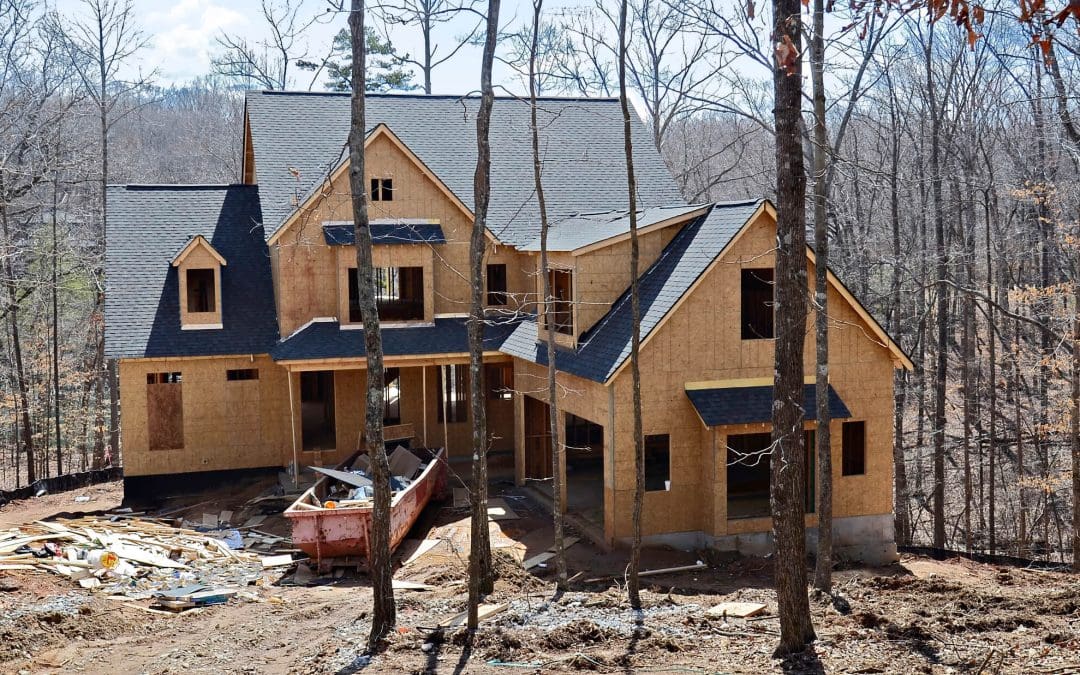Building a new home is an exciting and significant investment. You have the opportunity to design a space that reflects your style, meets your needs, and suits your future lifestyle. From the floor plan to energy efficiency, each decision plays a role in creating a comfortable and functional environment. Below are some of the most important features to consider when building your new home to ensure it is everything you envision and more.
Layout and Floor Plan Choices When Building a New Home
The foundation of your new home begins with the layout and floor plan. Consider how the space will flow and function for you and your family. Open-concept designs are popular for their spacious feel and ability to bring the family together, but they may not suit every lifestyle. You might want distinct living areas for added privacy or noise reduction, particularly if you work from home or have young children.
Think about future needs as well. A single-story layout may be more convenient as you age, while additional rooms or flexible spaces could serve as home offices, guest rooms, or future bedrooms for a growing family. Building a home that adapts to your life will make it more enjoyable in the long term.
Energy Efficiency and Sustainability
Energy efficiency is a critical factor in new home construction. Integrating eco-friendly features into your home can significantly reduce your utility bills while minimizing your environmental footprint. Opt for high-quality insulation, energy-efficient windows, and appliances with an Energy Star rating to create a more sustainable home.
Install solar panels if they are a viable option in your area. A well-insulated home with solar power will lead to long-term savings and offer a reliable, renewable energy source. Energy-efficient lighting, such as LED fixtures, should also be part of your plan to enhance sustainability without sacrificing functionality or style.
Smart Home Technology
Smart home technology is quickly becoming a standard in modern homes. Automated systems that control lighting, security, climate, and entertainment add convenience, efficiency, and security to your daily life. Install a smart thermostat that can be controlled remotely, allowing you to adjust your home’s temperature, whether you’re at home or on the go. Smart locks and security systems provide added peace of mind, letting you monitor your property from anywhere.
You might also look into integrating smart lighting systems that adjust based on natural light levels or occupancy, contributing to energy savings and creating a customizable ambiance in each room. Planning for smart home infrastructure, like adequate outlets and a centralized control hub, will streamline the process of integrating technology into your new home.
Future-Proofing When Building a New Home
Building a home that stands the test of time is key to making your investment worthwhile. Choose features that will make your home functional now and in the future. Aging-in-place designs, such as wider doorways, step-free entryways, or accessible bathrooms, are becoming more popular as homeowners look to create spaces that support them throughout all stages of life.
Even if you don’t need these features now, incorporating them into the design of your new home will increase its value and make it more adaptable for future needs. Having space for additional technology, energy-efficient upgrades, and potential expansions will also future-proof your home.
Building a new home offers the chance to create a space tailored to your needs, preferences, and lifestyle. By considering your choices carefully, you’ll make your home functional and a place of comfort, convenience, and joy. Planning these elements with care will result in a house that grows with you and stands the test of time.
FAQs
How should I approach landscaping when designing my new home?
Landscaping should be planned early in the building process to complement your home’s design. Opt for low-maintenance, drought-resistant plants if you live in an arid climate, and install an irrigation system for easier upkeep. Place trees strategically to provide shade, which helps reduce cooling costs, or as windbreaks to lower heating bills. Don’t forget to plan for outdoor lighting and functional spaces like patios or decks that enhance your outdoor living experience.
What home security features should I plan for during construction?
Security should be integrated into the design of your home from the start. Install wiring for security cameras, motion detectors, and smart doorbells during construction to avoid the hassle of retrofitting later. Get smart locks and alarm systems that integrate with home automation platforms. Exterior lighting around entry points and landscaping that avoids creating hiding spots will improve the overall security of your home.
How can I make sure my home design is adaptable for aging in place?
Designing a home that accommodates aging in place is a wise investment. Even if you don’t need features like wheelchair accessibility now, planning for wider doorways, no-step entries, and a bedroom or full bath on the ground floor will save future remodeling costs. Choose lever-style door handles, grab bars in bathrooms, and non-slip flooring. Having an adaptable home will allow you to stay comfortable as your needs change over time.
360 Home Inspections provides home inspection services to customers in Northern New Jersey. Contact us to schedule an appointment.

